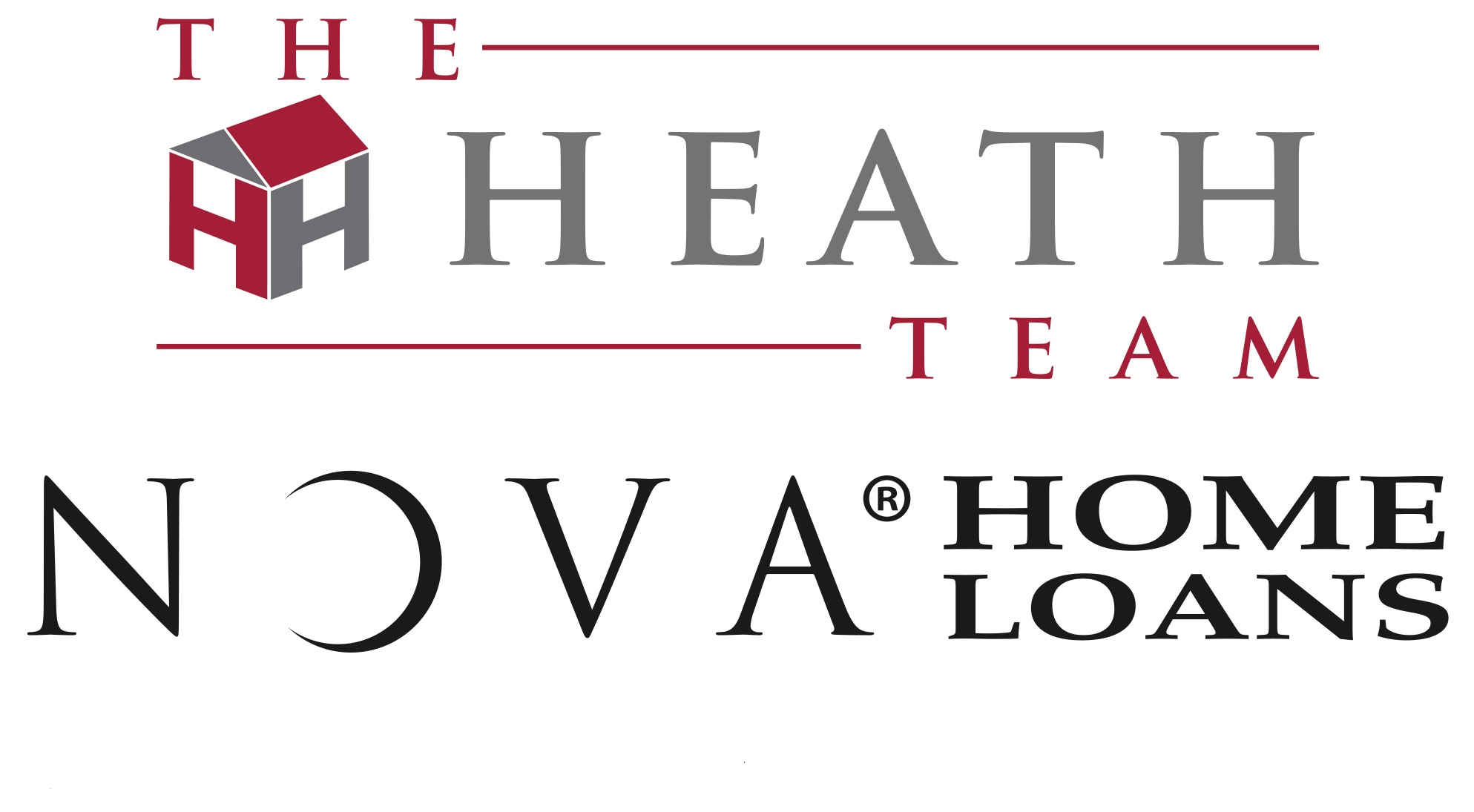We always advise a potential home buyer to schedule a meeting well in advance of when they anticipate buying. There are several reasons for this, but we often get pushback that they would rather wait until closer to the time they are ready to move forward.
Normally, we would emphasize the pre-approval meeting as a way to:
- Understand the process
- Put yourself in the best situation for when you decide the time is right
- Work out any issues – expected or surprises – which may arise.
The more time you have to prepare, the more options and better negotiating power you will have. There is no cost for a consultation with us or an upfront credit report. We can also order a “soft” credit report which has valuable information and doesn’t count as an “inquiry” or negatively impact your score.
The Heath Team has found this process is so much more beneficial. We can actually help our home buyers, especially first-timers, by providing the ability to practice being a homeowner.
What? Practice? Like football or piano practice? It’s a simple strategy we developed when discussing financial literacy with high school students. Here are the basics of it. People practice for specific reasons:
- Repetition creates habits
- Habits form actions
- The more we practice, the better we perform during the game or performance
Most first time buyers go from renting to owning without practicing. They go from paying rent and having the landlord fix everything to responsibility for all expenses themselves. It can be challenging to balance that new role and cost. Consider the example of Michelle, who I met with this week. She is:
- First-time buyer
- Pays $600 month in rent
- Interested in buying in early 2019
- Projected payments on the home range are about $1,000
So, we asked her to practice. While she is exploring neighborhoods and evaluating potential properties, we asked her to assume her current housing payment is $1,000. $600 goes to the landlord and $400 into a savings account. This helps her get the feel of paying $1,000 a month and how it may affect her budget (and social life). If she decides to buy in March of next year- as is her current plan- she will have added $2,400 in her savings and created the proper habits for paying her mortgage. There is no downside to savings, even if she chooses to not buy.
Practice, practice practice. This is just one of the simple strategies you can expect when you work with the Heath Team. Get in touch us with us now– don’t wait until game time and realize you haven’t practiced.






